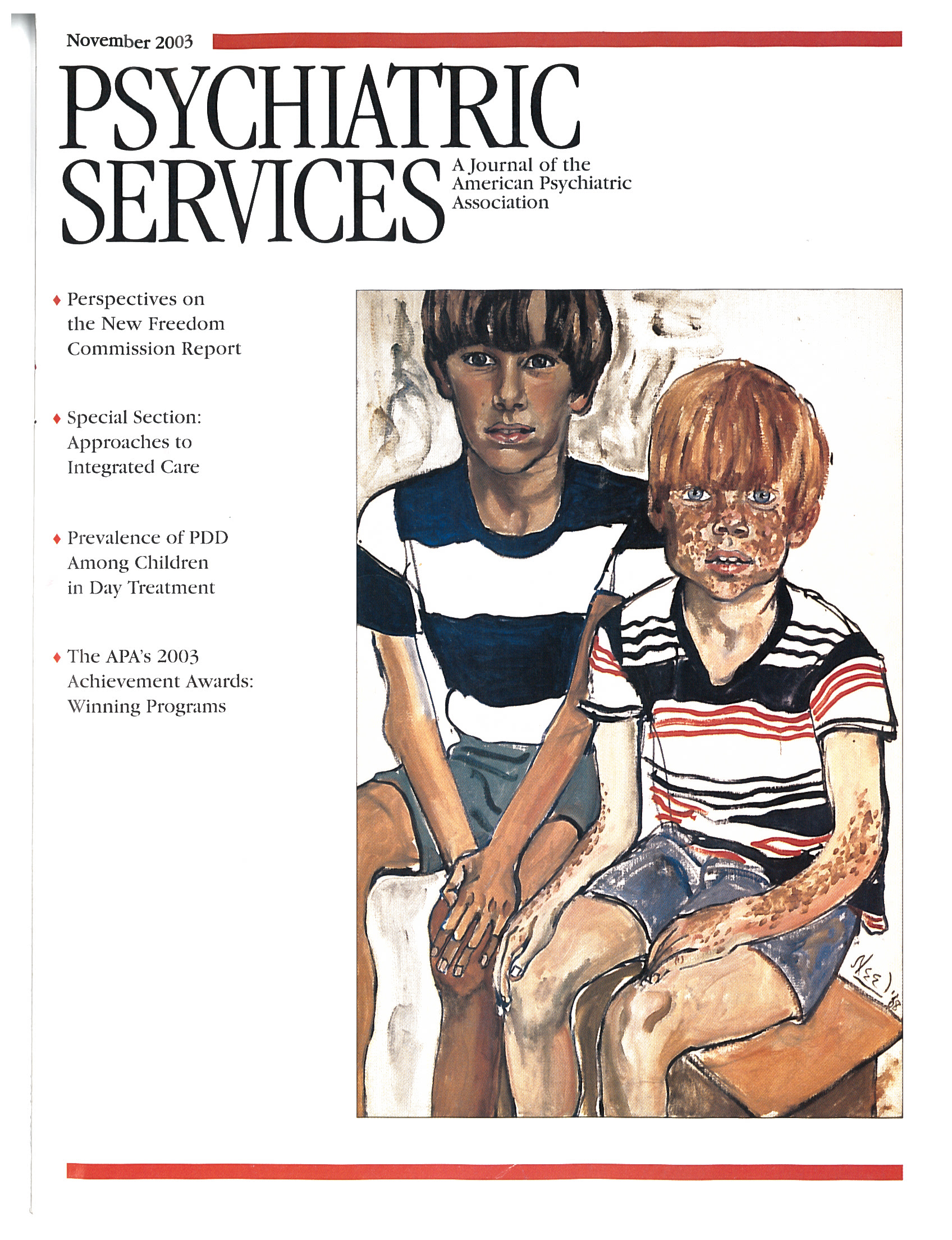The title of this book indicates that it is intended for patients with mental illness. However, there are many patients whose symptoms would make it difficult for them to read and understand Straight Talk About Your Mental Health. Hopefully, each patient who needs this information has a relative or a friend who can also read the book and talk with the patient's therapist to learn how best to help the patient. Although some therapists refuse to talk with family members, the book's author, James Morrison, M.D., indicates that, with the patient's permission, he will willingly do so.
Morrison lists the responsibilities of the therapist, including recognizing the symptoms of mental disorder and making a diagnosis. Once these tasks have been accomplished, the therapist should present the patient with a plan estimating the time that may be required to achieve the desired improvement as well as the cost of treatment. If it appears that another therapist, with a different specialty, might work better with this particular patient, the therapist should recommend such a specialist.
Perhaps the most useful feature of this book is the tables of medications—antidepressants, mood stabilizers, antianxiety drugs, antipsychotic drugs, and drugs for dementia. Both the trade name and the generic name are given for each drug, along with usual dosages and possible interactions with other drugs. Major side effects are described in the chapters about the different classes of drugs.
Some side effects seem to be glossed over in this book. For example, the book mentions that lithium dosage may need to be lowered to avoid kidney disease. However, it does not mention that kidney damage does in fact occur among a number of persons who have been taking lithium for many years, which is serious and requires a change from lithium to another mood stabilizer. The side effects of dystonia and akathisia, which can be caused by the older antipsychotics, are also of greater concern than this book implies. Many patients experience the extreme restlessness called akathisia when given drugs such as haloperidol or fluphenazine. Akathisia makes some patients so uncomfortable that they may refuse to continue taking medication.
Acute dystonia produces muscle spasms of the upper body that may affect mouth, neck, and eye muscles as well as the arms and hands. Patients may drool and be unable to swallow. Benadryl (diphenhydramine)—the antidote—must be given by injection. Dystonia is a frightening condition to watch and must be absolutely horrible for the patient. Also, the weight gain that almost always accompanies use of olanzapine is extremely difficult to manage. It is understandable that a patient who experiences such side effects may begin to refuse all medication.
Substance abuse is often a major problem for persons who have a mental illness. I take issue with Morrison's opinion that marijuana use is not a problem; I believe it can be a serious problem for people with schizophrenia. When the illness is well controlled, the use of marijuana has been observed to induce psychosis again. A 1989 study of 45,000 Swedish conscripts showed that heavy marijuana users were six times as likely as nonusers to develop schizophrenia. This finding suggests some sort of relationship between marijuana use and schizophrenia.
However, overall I believe that Straight Talk About Your Mental Health is a worthwhile book.

